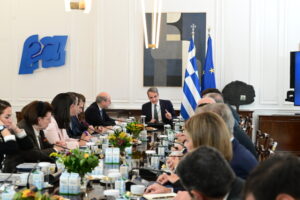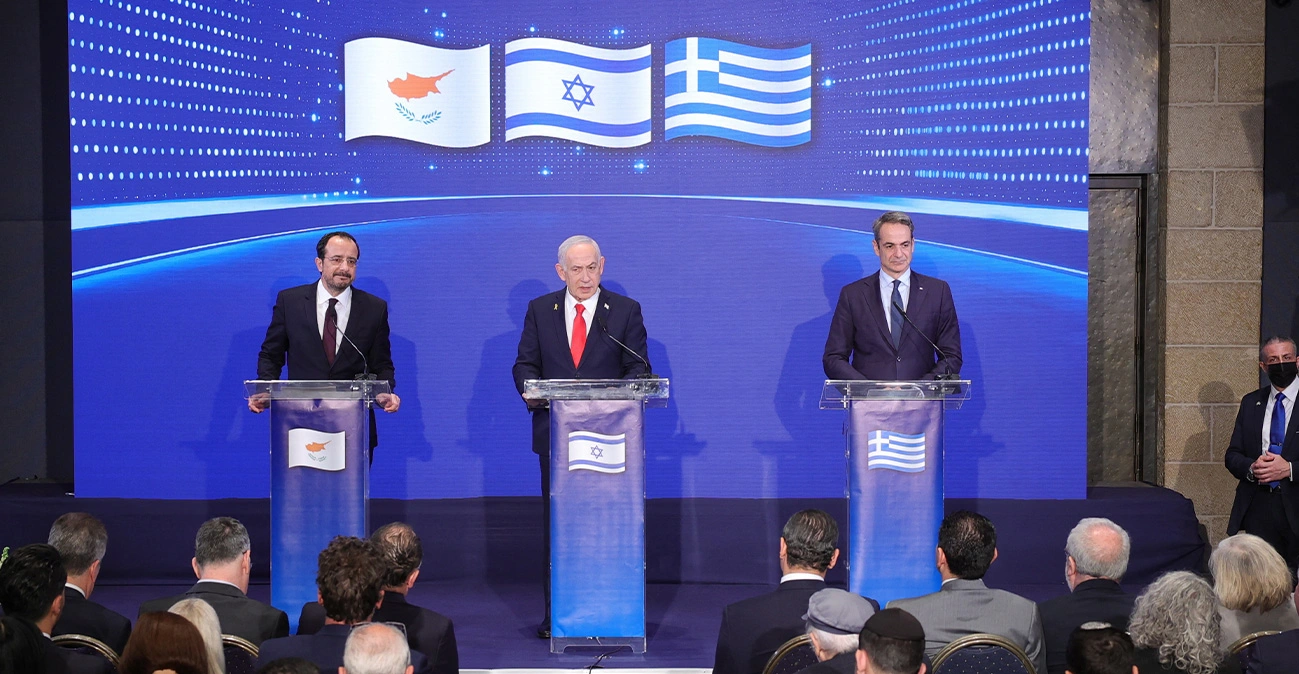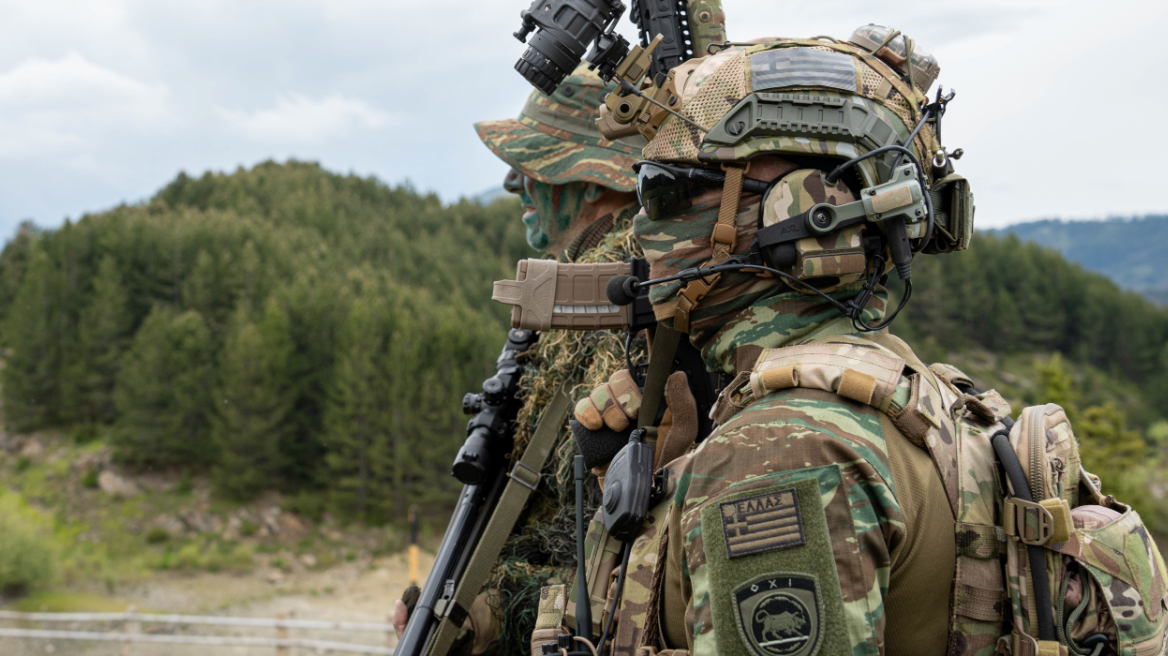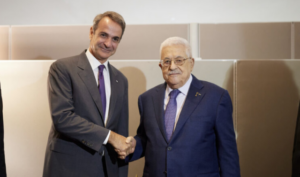The mass bombing of Lviv by Russia is seen as both an escalation and an attempt at intimidation, as Russia seeks to regain the initiative after Ukraine’s offensive actions in Kursk.
The bombing of the Ukrainian city during the night targeted civilian facilities, schools, historical buildings, and hospitals, resulting in seven deaths and dozens of injuries.
At night, the Russians attacked Ukraine with missiles and drones. What is known at the moment:
— Babel.ua: Ukraine at war (@UaBabel) September 4, 2024
? There are currently 7 dead people in #Lviv, including 3 children. Another 42 people were injured. 12 people were saved. Apartment buildings and private houses, cars were damaged.… pic.twitter.com/xcL7AQNLqI
International analysts suggest that Moscow is trying to exert further pressure on Kyiv and President Volodymyr Zelensky, who is amidst the biggest government reshuffle since the war began.
Although Ukraine’s gains in Kursk may not be enough to change the course of the war, as the Russian army is making advances in eastern Ukraine, they have opened a new front where the Russians are now on the defensive, forcing troop and equipment movements to counter Ukraine’s progress.
Meanwhile, whether Zelensky was prepared for it or not, he faces the resignation of his Foreign Minister, Dmytro Kuleba, adding another piece to the puzzle the Ukrainian president must solve.
Zelensky stated in a Tuesday evening address that changes will be made to strengthen the government. He said, “The autumn will be extremely important for Ukraine. Our state institutions must be structured to achieve all the necessary results… We need to strengthen certain areas in the government, and personnel decisions have been prepared.”
In an extensive social media post, the Ukrainian Foreign Minister attacked Russia for the bombing of Lviv and called on the international community to fulfill its promises by helping Ukraine with equipment and ammunition to counter Russia.
Dmytro Kuleba emphasized, “To end this terror, Ukraine’s partners must immediately deliver the promised air defense systems and ammunition, strengthen our defensive capabilities, and allow us to launch long-range strikes on all legitimate military targets in Russia. The partners’ air defense systems can and should be used to protect civilians in Ukraine. Shooting down deadly metal in the air does not constitute a country’s involvement in the war. The simple act of saving lives cannot be considered an escalation. The decision must finally be made to allow neighboring countries to use air defense systems.”
He concluded his post by making it clear that “Russia understands only one language: the language of force. We must all take decisive action, show leadership, and be brave to bring a just end to Russia’s war and terrorism.”
The strikes occurred a day after the deadliest single attack this year when Russia hit a military institute in the central Ukrainian city of Poltava with two ballistic missiles, killing 50 people and injuring hundreds of others.
Following this deadly attack, Ukrainian President Volodymyr Zelensky called on his allies to assist with air defense and requested permission for long-range strikes inside Russia.
“Anyone convincing partners to give Ukraine more long-range capabilities to respond appropriately to terror is working to prevent exactly this kind of Russian terror strikes on Ukrainian cities,” Zelensky said.
The attacks occurred as Ukraine continued to suffer from the death of at least 50 people in a major strike on a military institute in the central city of Poltava on Tuesday.
Rescue teams continue to search through the rubble of the institute for survivors of the attack. Mykyta Petrov, a 26-year-old cadet who started at the Poltava Military Institute of Communications just two weeks ago, said two missiles struck shortly after 09:00 (06:00 GMT) on Tuesday, with the second detonating just three seconds after the first. “I ran outside, there was smoke and dust everywhere… many people were outside smoking, and many were killed.” The cadet said there was “too much blood, too many bodies,” and what he saw had a deep psychological impact on him.
The U.S. Ambassador to Kyiv, Bridget Brink, thanked “the brave defenders of Ukraine for your work in protecting all of us.”
Ask me anything
Explore related questions





